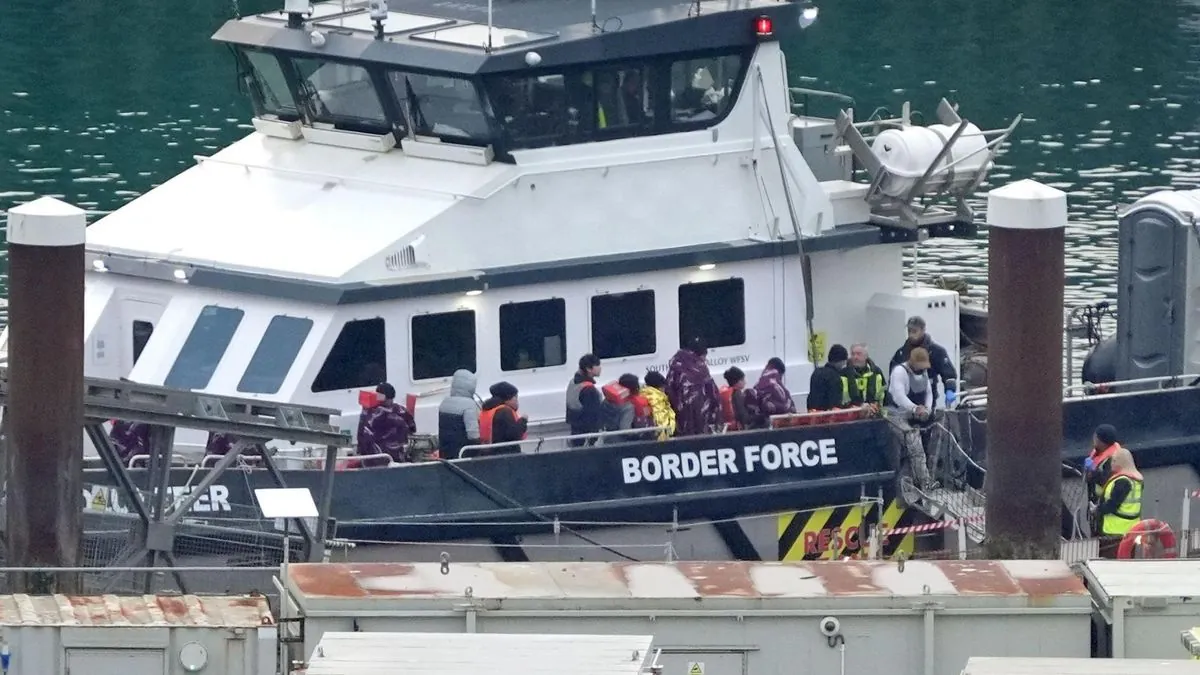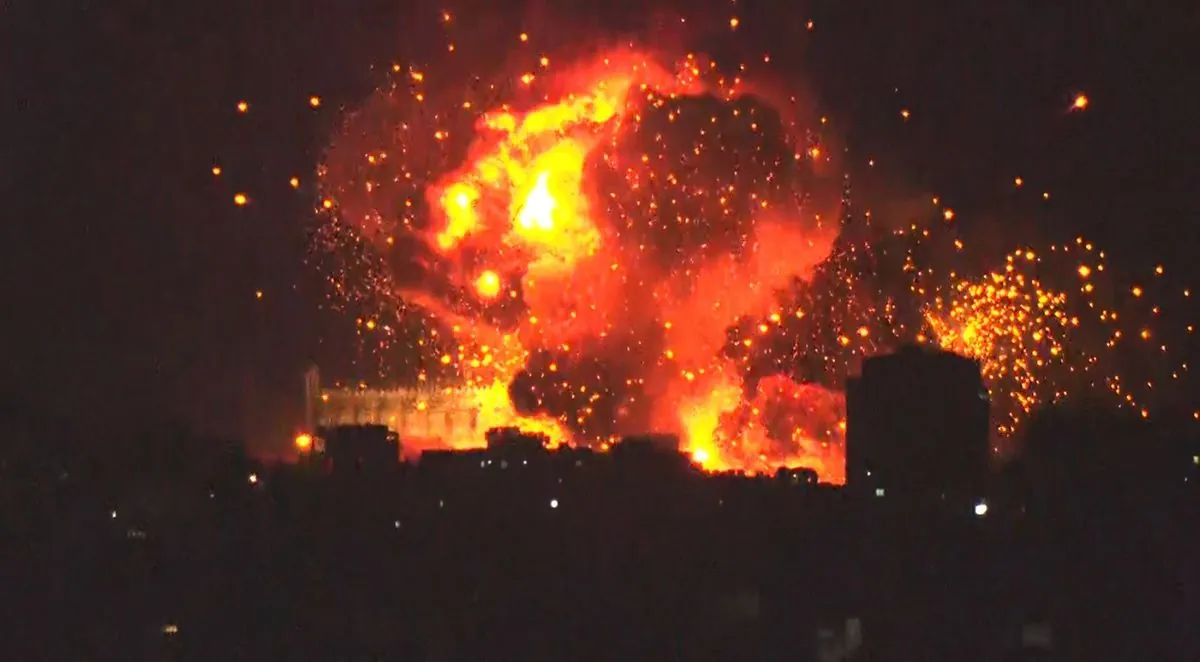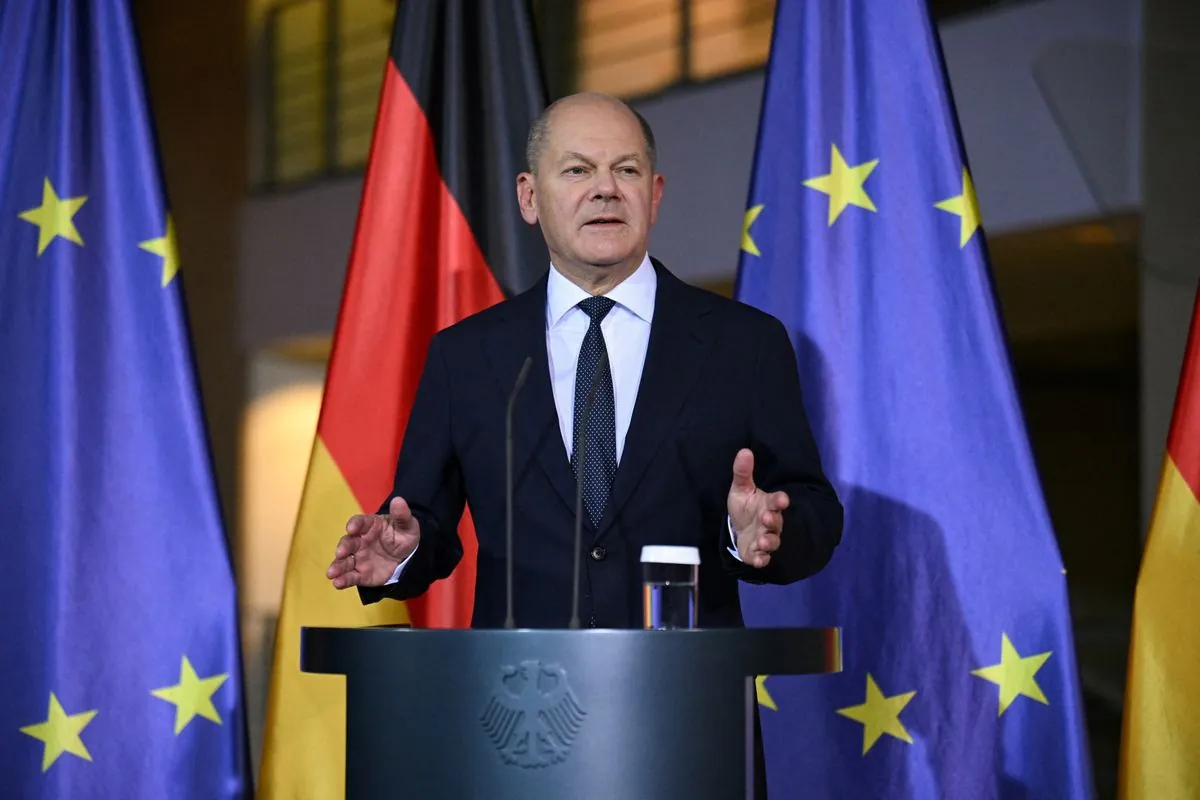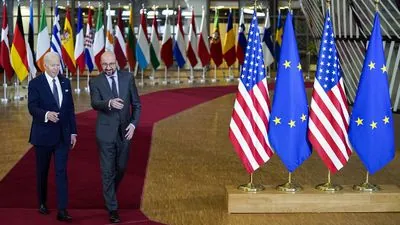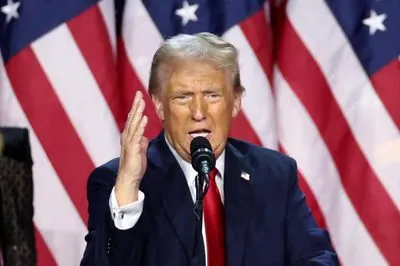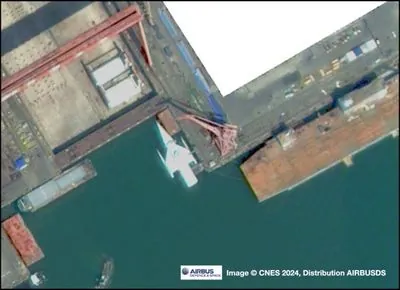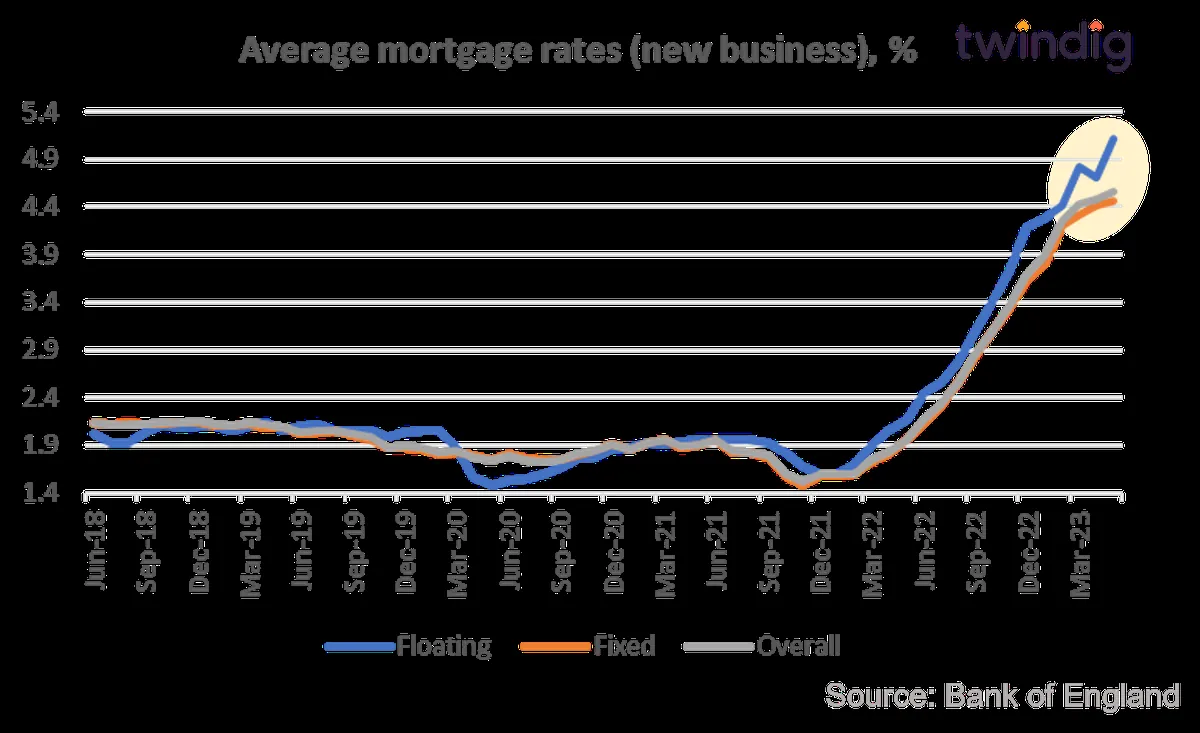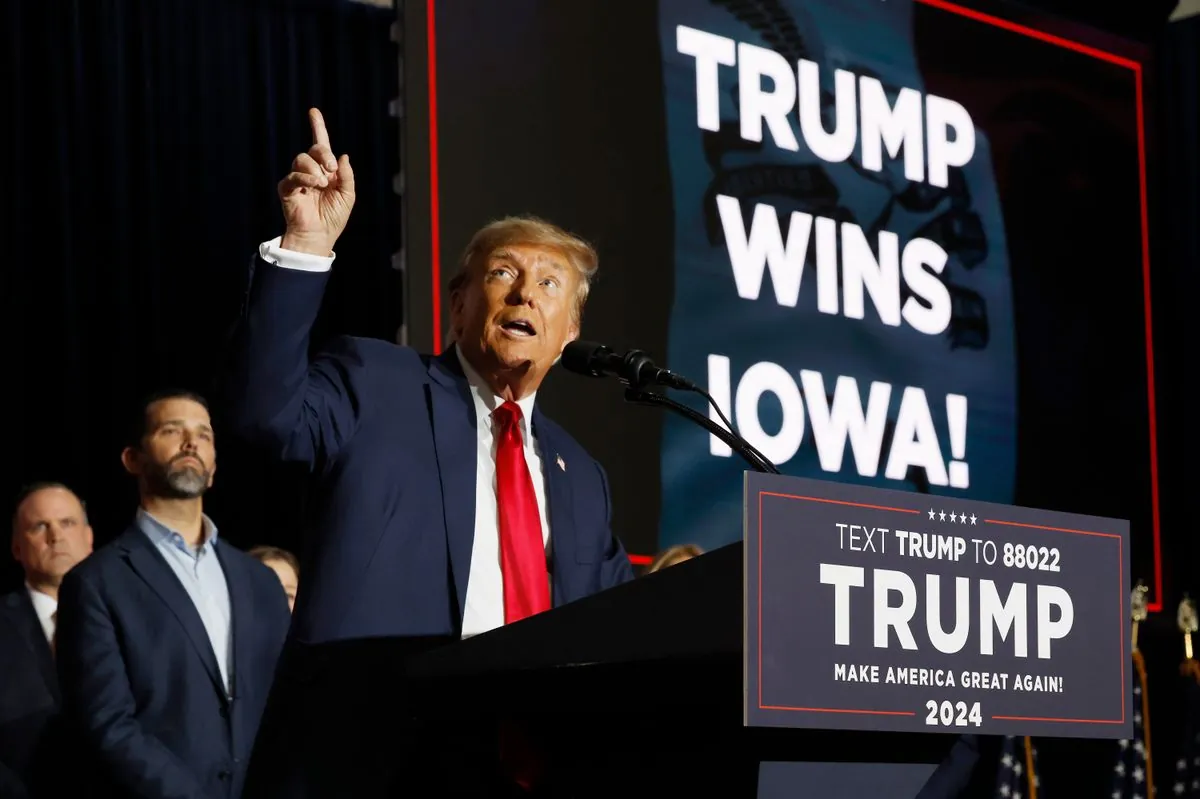Theodore Roosevelt
Theodore Roosevelt Jr., often referred to as Teddy or T. R., was an American politician, soldier, conservationist, historian, naturalist, explorer and writer who served as the 26th president of the United States from 1901 to 1909. He previously was involved in New York politics, including serving as the state's 33rd governor for two years. He was the vice president under President William McKinley for six months in 1901, assuming the presidency after McKinley's assassination. As president, Roosevelt emerged as a leader of the Republican Party and became a driving force for anti-trust and Progressive policies.
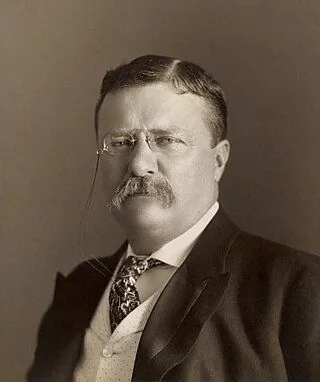
Some of the key events about Theodore Roosevelt
- 1881Elected to the New York State Assembly at the age of 23
- 1886Ran for mayor of New York City, finishing third but gaining national recognition
- 1895Appointed president of the New York City Board of Police Commissioners, implementing significant reforms
- 1897Appointed Assistant Secretary of the Navy, playing a key role in preparing the navy for the Spanish-American War
- 1898Led the Rough Riders cavalry unit to victory in the Battle of San Juan Hill during the Spanish-American War
- 1898Led the Rough Riders in a controversial charge up San Juan Hill during the Spanish-American War, which some critics viewed as reckless and self-promoting
- 1900Elected Governor of New York, implementing progressive reforms and conservation efforts
- 1901Became the youngest president in U.S. history at age 42 following the assassination of William McKinley
- 1901Invited Booker T. Washington to dine at the White House, sparking outrage and criticism from Southern politicians and press
- 1902Intervened in a coal miners' strike, which was seen by some as federal overreach into labor disputes
- 1903Supported the Panamanian revolution against Colombia to secure rights for the Panama Canal, a move criticized as imperialistic
- 1904Won the presidential election in his own right, securing a full term in office
- 1904Issued the Roosevelt Corollary to the Monroe Doctrine, asserting U.S. right to intervene in Latin American affairs, which was viewed as an expansion of American imperialism
- 1906Awarded the Nobel Peace Prize for mediating the Russo-Japanese War
- 1906Dismissed 167 African American soldiers without trial following the Brownsville Affair, a decision later criticized as unjust
- 1908Sent the Great White Fleet on a world tour, which some viewed as an unnecessary show of naval power and a provocation to other nations
- 1909Led a scientific expedition to Africa, collecting specimens for the Smithsonian Institution
- 1912Ran as a third-party candidate in the presidential election, splitting the Republican vote and contributing to Woodrow Wilson's victory
- 1913Led a controversial expedition to map the River of Doubt in Brazil, which nearly cost him his life and was criticized as reckless
- 1915Advocated for U.S. entry into World War I earlier than public opinion supported, leading to accusations of warmongering
Disclaimer: This material is written based on information taken from open sources, including Wikipedia, news media, podcasts, and other public sources.
